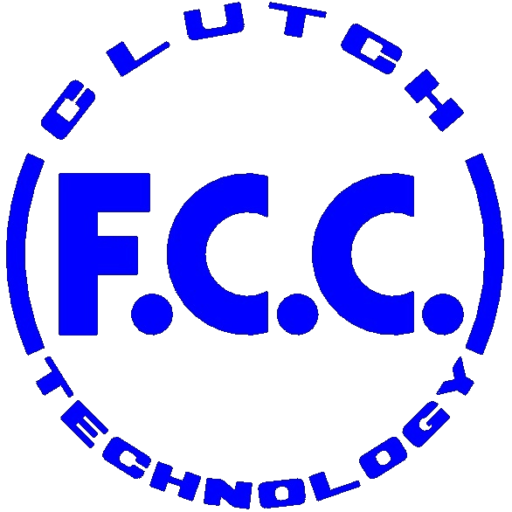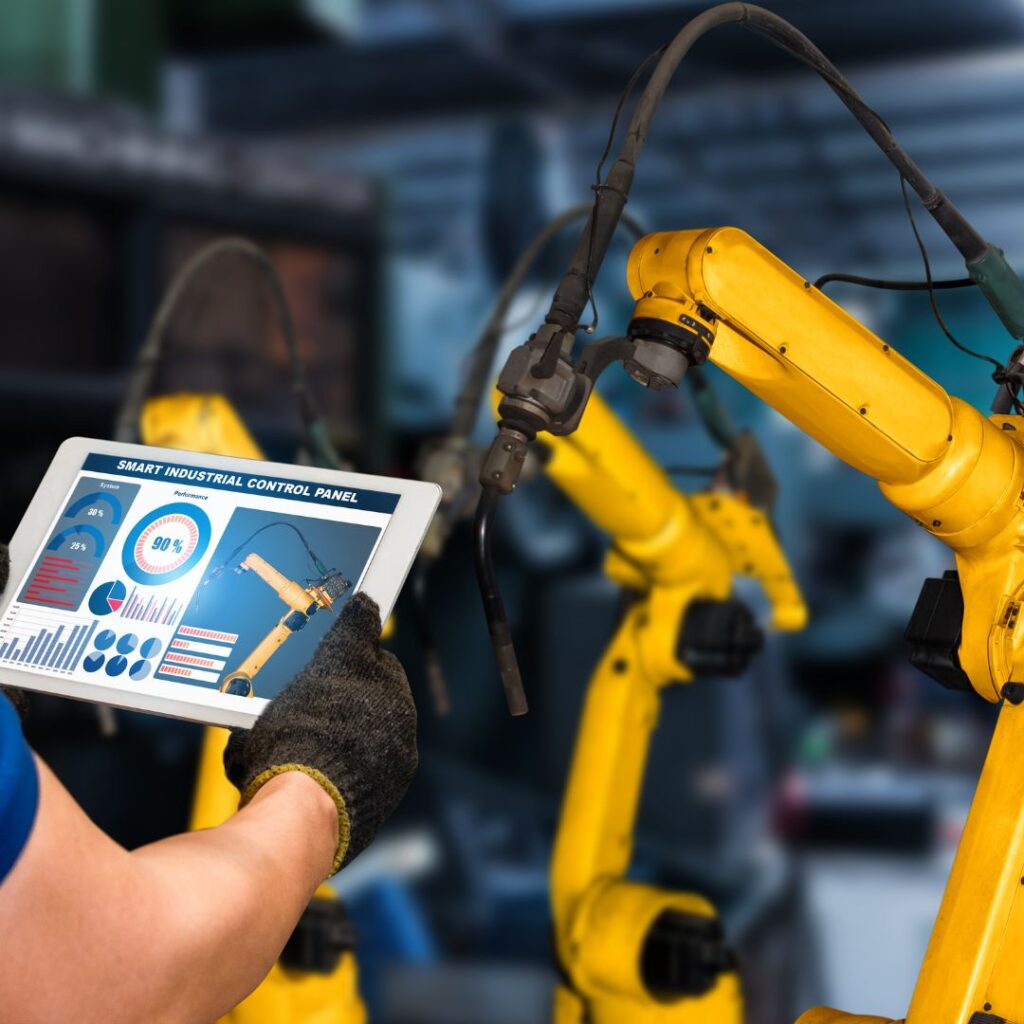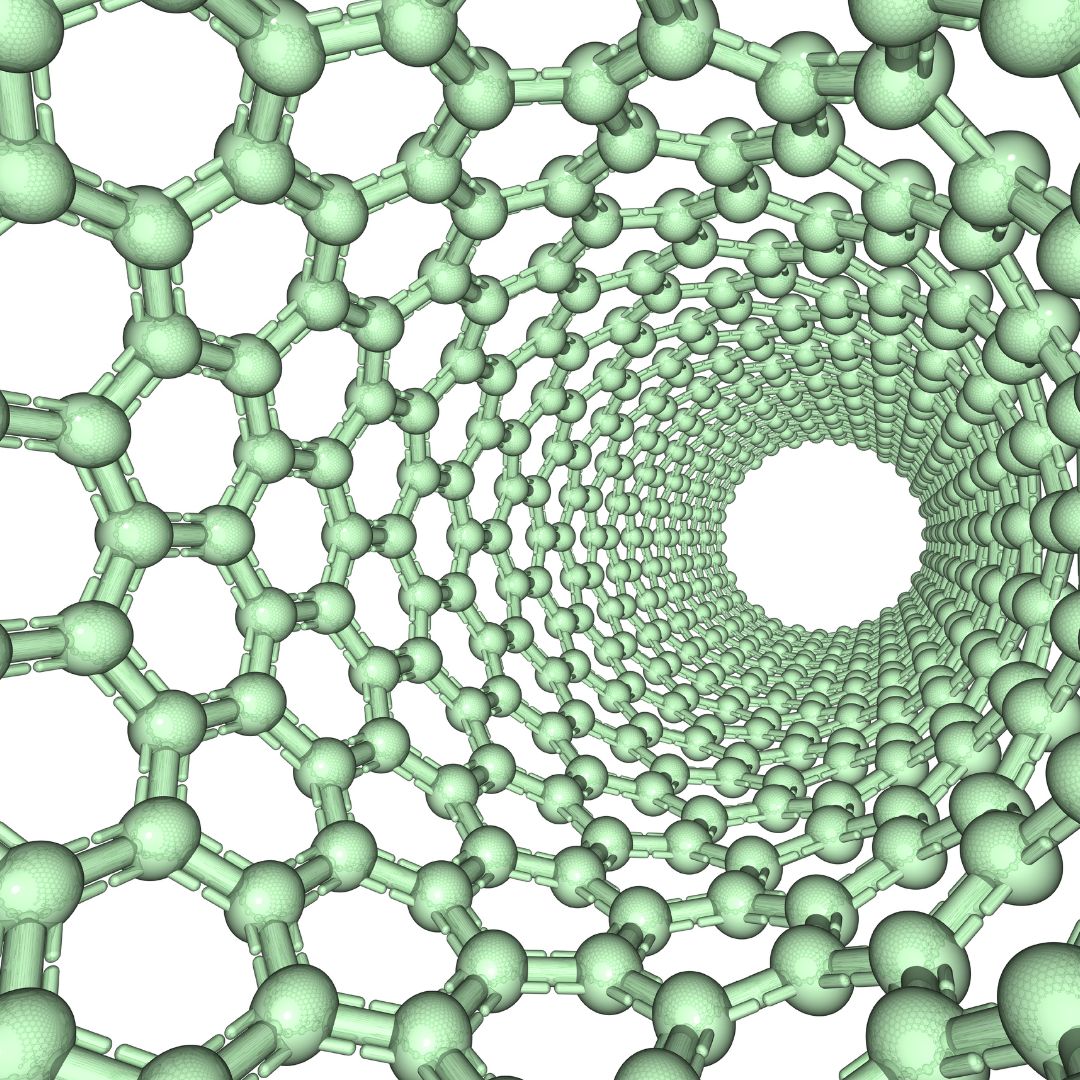Smart manufacturing represents a significant shift in the manufacturing industry that is often referred to as Industry 4.0 because it has been observed as the fourth industrial revolution. It signifies the deep integration of advanced digital technologies into all facets of production.
This integration has created a network of intelligent machines, systems, and processes that can communicate, analyze data, and optimize operations in real time. At its core, smart manufacturing revolves around the connectivity of machines and devices through artificial intelligence
In this article, FCC-NA will explore the key features of smart manufacturing technologies more in-depth, and explain the effect it has had on the industrial revolution.
Importance in Modern Industry
One thing is clear, smart manufacturing technologies have revolutionized many industries. Smart manufacturing technology has offered real-time data analysis for efficiency, proactive maintenance, and optimized resources. And it still remains flexible with the capacity to adapt swiftly to production demands. This trait allows it to repeatedly ensure quality unlike traditional manufacturing processes while reducing costs through predictive maintenance and data-driven decisions. Smart manufacturing has so far empowered many manufacturing companies to increase their efficiency and competitiveness.
Without smart manufacturing technology, we here at FCC-NA would not be able to produce any of our Core Technologies at the scale that we do now. We can continue to add value to society with our multidisciplinary expertise.
Explore Our Core Tech & Development!
Core Components of Smart Manufacturing
Smart manufacturing integrates a range of advanced technologies to create a sophisticated and interconnected production environment. Here’s a closer look at some of the core components:
Internet of Things (IoT) Integration
This interconnectedness is known as the Industrial IoT (IIoT). It forms the backbone of all smart manufacturing processes. Within the industrial internet and smart factories, sensors are embedded in machines, robots, and throughout the factory floor to collect real-time data on various parameters like temperature, pressure, vibration, and production line performance. These IIoT devices communicate with each other and transmit data to central platforms for analysis. This real-time data exchange allows for a holistic view of the entire production process.
Big Data Analytics
The vast amount of data collected through IIoT sensors creates “big data.” Advanced analytics tools are used to process, analyze, and extract meaningful insights from this data. It is by identifying patterns and trends, that big data analytics and the machines that analyze them help to optimize production processes, predict machine learning failures, and identify areas for improvement in efficiency and quality control.
Artificial Intelligence (AI) in Manufacturing
MIT experts have recognized that AI in manufacturing has not always been accessible to all except the largest manufacturers. Thankfully that is no longer the case. AI algorithms now play a crucial role in each smart manufacturing and supply chain. Machine learning models are trained on historical data which allows them to continuously learn, adapt, and make autonomous decisions to optimize production schedules, resource allocation, and preventive maintenance strategies. Artificial intelligence, on the other hand, can predict potential equipment failures before they even occur. This then allows for proactive maintenance and prevents costly downtime in the future.
Robotics and Automation
There really isn’t a foundation for smart manufacturing technologies without robots of one kind or another. Robots are needed in smart factories to automate repetitive and dangerous tasks. This not only improves worker safety but also increases production speed and consistency. Advanced robots equipped with AI capabilities can collaborate with human workers to streamline all tasks that require dexterity or human judgment while robots handle heavy lifting and repetitive processes.
Advantages of Smart Manufacturing
Smart manufacturing technologies offer a multitude of advantages that can transform a traditional factory into a dynamic and competitive operation.
Enhanced Efficiency and Productivity
Smart manufacturing provides real-time data on machine performance, resource utilization, and production bottlenecks. This data allows for smart manufacturing solutions and proactive maintenance by quality engineers, which then in turn prevent downtime while optimizing production processes. By automating repetitive tasks and integrating robots into the production line, smart factories that adopt smart manufacturing technologies can achieve significant gains in efficiency and overall output.
Improved Quality Control
Sensors and AI algorithms are capable of continuously monitoring production processes, identifying anomalies, and predicting potential quality issues. This allows for early intervention and ensures more consistent product quality than in traditional manufacturing. The wealth of data collected can be used to analyze trends and identify areas for improvement in quality control processes.
FCC-NA’s advanced clutch products and technologies rely on the consistency that sensors and AI algorithms contribute to the quality of our clutches. Our in-house team leans on the automation that smart manufacturing technology provides alongside our standard manual quality checks. Our reach is global and demands that our quality control meet international standards.
Explore Our Core Technologies!
Cost Reduction and Resource Optimization
By predicting equipment failures and performing preventive maintenance, smart factories are then able to minimize downtime and costly repairs. Manufacturing companies now have the ability to use real-time data analysis to optimize resource allocation and minimize waste in materials and energy consumption. This would not typically be possible without the predictive nature and resulting efficacy of smart manufacturing technology and smart manufacturing solutions.
Flexibility and Adaptability to Market Changes
Smart manufacturing allows for faster production line adjustments, enabling manufacturing companies to cater to a wider range of product variations. This increased efficiency and streamlining of operations has even allowed companies to personalize products according to individual customer needs. Real-time data and AI-powered decision-making have made it possible for manufacturers to react quickly to changing market demands and adjust production accordingly.
Applications of Smart Manufacturing Technologies
Smart manufacturing technologies extend far beyond the smart factory floor. It also impacts various aspects of the production process and beyond.
Predictive Maintenance
Traditional manufacturing relied heavily on reactive maintenance which involves fixing equipment after it breaks down. Smart manufacturing utilizes sensor data and AI to predict potential failures before they occur. This has allowed for proactive maintenance, which has minimized downtime, extended equipment life, and reduced maintenance costs.
Supply Chain Optimization
Smart manufacturing technologies provide real-time visibility into inventory levels, production schedules, and logistics operations throughout the supply chain. This process lays the foundation for better planning, coordinated deliveries, and optimized inventory management. AI and analytics contribute to smart factories being able to analyze vast amounts of supply chain data which results in them being able to identify potential disruptions, optimize transportation routes, and ensure just-in-time delivery of materials.
Customization and Personalization
Smart manufacturing has created increased flexibility in production lines. The industrial internet, cloud computing, and the internet of things now facilitate customer data and preferences being integrated into the manufacturing process. This has resulted in smart manufacturing initiatives across a wider range of product variations and personalization of products according to individual needs. Smart factories can efficiently handle shorter production runs for customized products, minimizing waste and production costs associated with mass production.
Sustainable Manufacturing Practices
By optimizing resource utilization and monitoring energy usage through sensors, smart manufacturing can significantly reduce energy consumption within the factory. AI and data analytics can be used to identify ways to minimize waste generation and optimize production processes for reduced environmental impact. When it comes to sustainable manufacturing practices, smart manufacturing can facilitate the integration of renewable energy sources into factory manufacturing operations.
Embedded in our manufacturing processes is the responsibility of our environment. FCC-NA has dedicated time and resources to ensure that our manufacturing and production systems and contributions are rooted in sustainable development. Our Friction Material not only meets environmental regulations but also implements a bonding process that can eradicate waste entirely.
Learn More About Our Friction Material Today!
Future Trends and Innovations
As smart manufacturing continues to evolve, we can expect to see the integration of even more cutting-edge technologies that will further revolutionize the manufacturing industry. Here’s a glimpse into some of the most promising trends and innovations:
Integration of Augmented Reality (AR) and Virtual Reality (VR)
AR overlays will provide workers with real-time instructions and troubleshooting guides while they operate or maintain complex machinery. VR simulations will create safe and immersive training environments for new employees while enabling engineers and designers from different locations to collaborate virtually on product designs in a 3D space.
3D Printing and Additive Manufacturing
3D printing has already begun to allow the creation of complex and customized parts on demand. This has enabled manufacturers to offer a wider range of variations and potentially shift towards localized production. Additive manufacturing allows for the creation of intricate parts with minimal waste compared to traditional subtractive manufacturing techniques.
Blockchain in Manufacturing
Blockchain technology has created a more secure and transparent record of every step in the production process, from raw materials to finished goods. This continues to improve traceability, ensure ethical sourcing, and combat counterfeiting. Blockchain-based smart contracts can also automate transactions between manufacturers and suppliers, which in turn streamlines procurement processes and improves supply chain efficiency.
Human-Machine Collaboration
The rise of collaborative robots (cobots) equipped with AI and sensors has created a safe and seamless collaboration between humans and machines. Humans can handle tasks requiring dexterity and judgment, while cobots perform repetitive or physically demanding tasks. As automation takes over more routine tasks, the focus will shift towards human expertise in areas like design, problem-solving, and machine oversight. This will require upskilling and reskilling the workforce to adapt to the changing landscape of manufacturing.
Impact of Smart Manufacturing on Employment
The rise of smart manufacturing presents a complex situation regarding employment. While concerns exist about job displacement due to automation, opportunities also emerge for reskilling and the creation of new roles.
Job Displacement vs. Reskilling Opportunities
One of the primary impacts of smart manufacturing is the automation of repetition to boost efficiency and potentially dangerous tasks currently performed by human workers. This can lead to job losses in specific areas like assembly lines and quality control however the new manufacturing landscape will demand a workforce with different skill sets.
Manufacturers will need to invest in reskilling and upskilling programs to equip their employees with the necessary skills to operate and maintain sophisticated technologies like AI, robotics, and data analytics. The future of smart manufacturing lies in the collaboration between humans and machines to ensure the ethical and responsible use of technology.
Changing Nature of Manufacturing Jobs
Smart factories will also require a workforce with a strong foundation in technology. Workers will need to be comfortable working with data, using advanced software, and collaborating with intelligent machines. The adoption of smart manufacturing technologies will create new job opportunities in areas like data analysis, cybersecurity, AI and machine learning specialists, robot programmers, and technicians skilled in maintaining complex automated systems.
The key takeaway is that smart manufacturing will likely reshape the nature of jobs in the manufacturing sector, rather than simply eliminate them altogether. The onus lies on both manufacturers and governments to invest in workforce development programs to bridge the skills gap and prepare workers for the jobs of tomorrow.
Summary of Key Takeaways
As we’ve hopefully come to realize, smart manufacturing systems represent a transformative shift in the manufacturing industry. This shift is being driven by the integration of advanced technologies like the Industrial Internet of Things, artificial intelligence, and robotics.
By embracing these innovations and addressing the challenges encountered, smart manufacturing holds immense potential to create a more efficient, sustainable, and adaptable manufacturing landscape. This will empower businesses to thrive in the competitive global market and shape the future and digital transformation of manufacturing for generations to come.
FCC-NA’s innovative technology is made for a changing world, hence it demands the innovation of smart manufacturing solutions. Smart manufacturing technologies are at the core of our production efficiency and our forward-thinking approach to product development.





